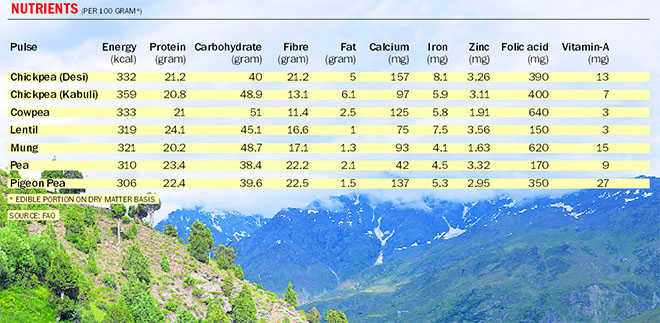
Assured marketing is one of the main factors for overwhelming results in the output of wheat and paddy. There are three schemes pertaining to procurement, first being the price support scheme, where the nodal agency of the Central Government along with the state government would procure the produce on the announced minimum support price (MSP). The second is the price deficiency payment scheme, where the gap between MSP and the market price shall be paid by the government, and only registered farmers can avail this payment. They need to get registered as the sellers of the crop in a regulated market. The third scheme is known as private procurement and stockist scheme. Under the scheme, private parties are also allowed to procure the crop at the MSP.
The state has to adopt one of the three schemes. The first is the most prudent and astute one in favour of the farmer. Regarding the other two schemes, the element of uncertainty and obscurity will remain as hurdles to obtain the desired results.
The idea behind these schemes is to assure the farmer that his produce would be purchased at the announced MSP. Although the Central Government had been announcing MSP for 23 crops, only wheat and paddy are actually purchased. In case of other crops, there is no state procurement. The policy has, however, increased the area under wheat and paddy incessantly. It is mainly because of assured marketing. Here, it is essential to note that for enhancing output, a number of measures were adopted, for example, research of new varieties of seeds, concessional irrigation and electricity, subsidy on inputs, easy and cheap bank loan. These concessions were available for all crops, but only state procurement of wheat and paddy had shown staggering results.
The assured marketing works on the farmer psychology. He gets sanguine due to this assurance and does not want to take risk or diversify. It is often observed that farmers do not wait for the announcement of MSPs for sowing of wheat and paddy. This year, when the hike of Rs 250 per quintal for paddy was announced, farmers had already completed the transplantation of paddy. In the cases of pulses and oilseeds, even as MSP hikes were quite high, they could not allure farmers. Rather the area under those crops is on a perpetual decline.
India is the largest producer, consumer and importer of pulses. Different states are growing pulses, and the country has the potential to meet its needs for pulses even without imports. Biased procurement policy, however, prohibits farmers from growing pulses in place of wheat and paddy. Thus one-third of the country’s demand of pulses is being fulfilled by their imports.
— The writer is a Senior Fellow, Institute of Social Sciences, New Delhi



























